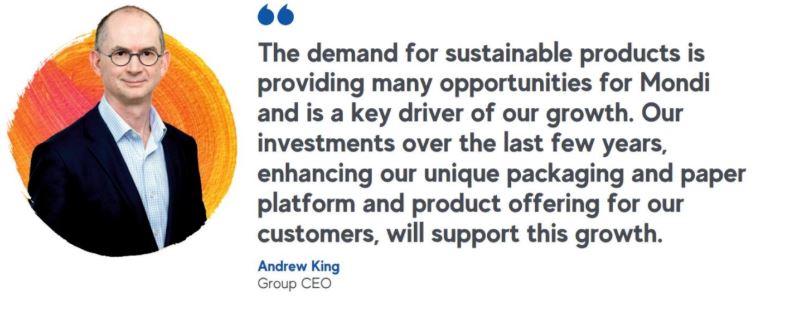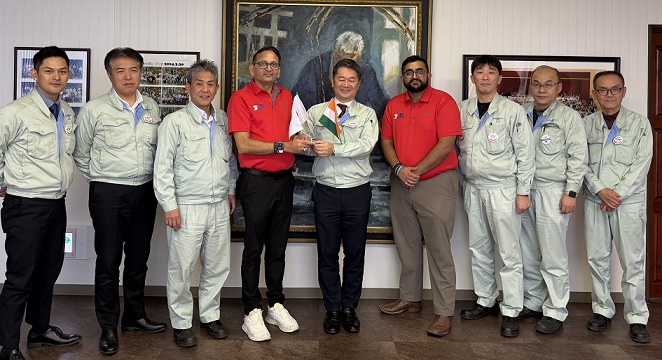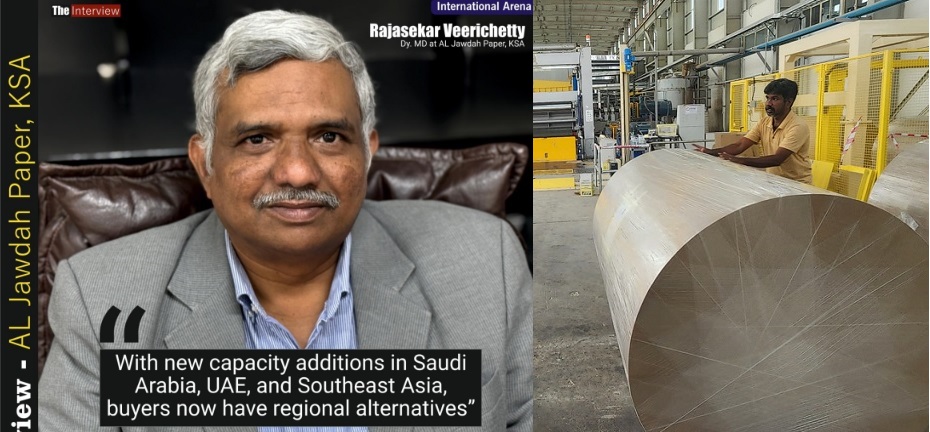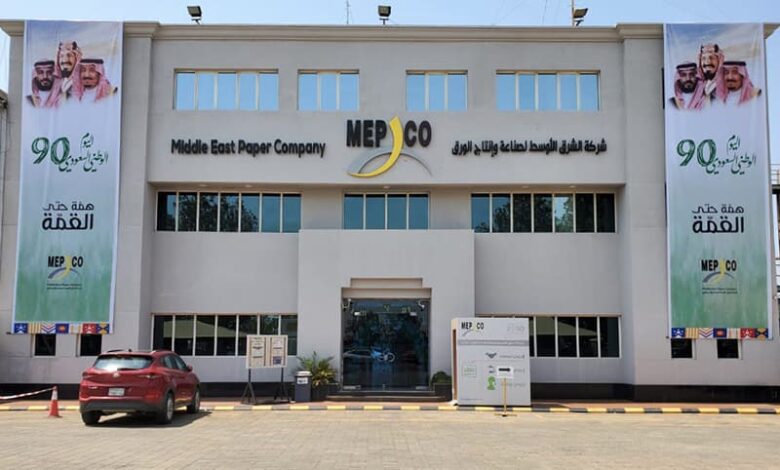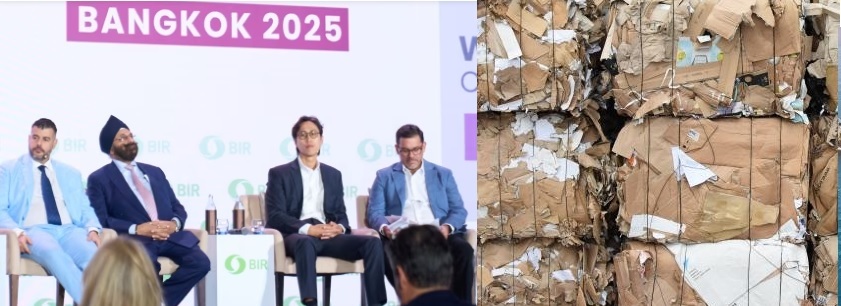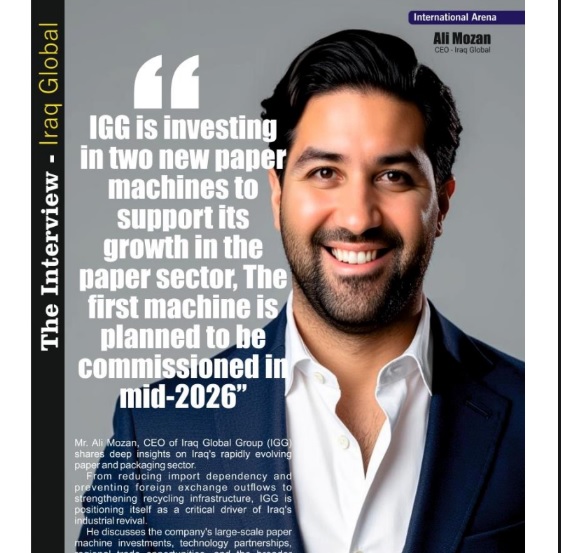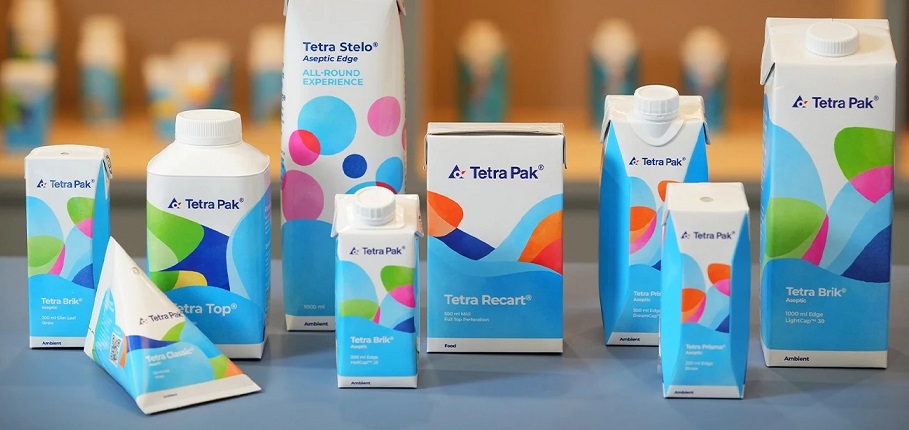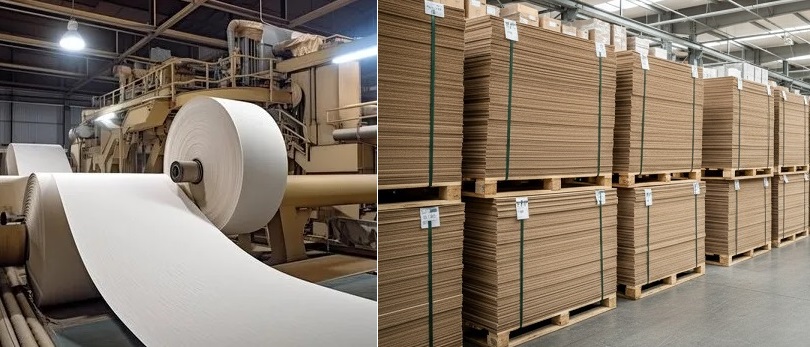FPTA Visit to Indonesia: Exploring Paper Trade Opportunities, Tariff Challenges, and Future Growth – FPTA Insights
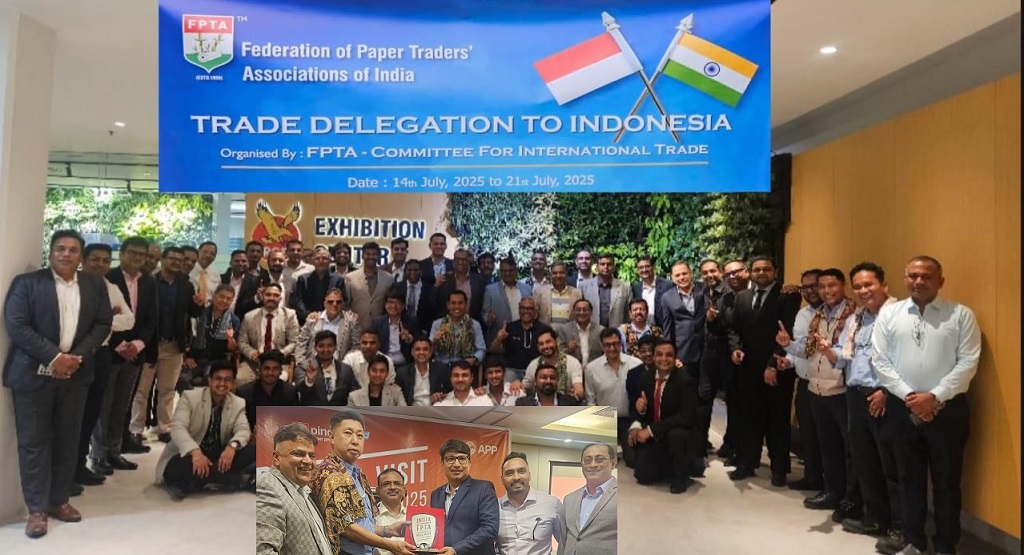
FPTA Visit to Indonesia: Exploring Paper Trade Opportunities, Tariff Challenges, and Future Growth – FPTA Insights
- Brand owners relying on high-end Indonesian grades may face supply and cost challenges in the short term if anti dumping duty imposed
- Indonesian paper offers consistently high brightness, bulk, and smoothness, with a strong focus on uniform quality due to scale and automation
- Large-scale imports, particularly in Uncoated woodfree & coated grades, exert pressure on Indian manufacturers in terms of pricing
The Pulp and Paper Times
In a remarkable initiative to foster international cooperation and gain first-hand exposure to global paper industry advancements, the Federation of Paper Traders’ Associations of India (FPTA) organised an International Delegation Visit to Indonesia in July this year.
Led by Convener – International Trade, Mr. Hiren Karia, the delegation comprised 50 members from across India, representing diverse segments of the paper trade. The week-long visit combined mill tours, high-level meetings, and cultural exchange, offering members an enriching and memorable experience.
Visit to April Fine Group
The journey began with a visit to the April Fine Group, one of Indonesia’s leading pulp and paper manufacturers. Delegates witnessed the entire production cycle — starting from the plantation nursery, where seedlings for pulpwood are nurtured, to the state-of-the-art Writing & Printing Paper Machine and the newly commissioned Board Machine.
Members were particularly impressed by the scale, efficiency, and technological excellence of April Fine’s operations, including their advanced finishing house and massive warehousing facility. The hospitality extended by the April Fine Group made the experience even more special.
Business Possibilities in the Paper Sector with Indonesia
Indonesia remains one of the world’s most competitive paper manufacturing hubs, with large integrated pulp and paper mills, modern technology, and strong export capacity. Business possibilities include imports of premium coated and uncoated grades, folding boxboard (FBB), and specialty grades. There is also scope for collaboration in sustainable paper solutions, given Indonesia’s investments in plantation forestry and eco-certifications.
Comparison of Paper Quality – Indian vs. Indonesian Paper
Indonesian paper offers consistently high brightness, bulk, and smoothness, with a strong focus on uniform quality due to scale and automation, and is globally accepted for its printability and finish.
Indian paper remains competitive in cost and responsive to domestic requirements, with strengths in recycled grades and growing capabilities in premium segments. Indonesian mills have the advantage of integrated pulp production, ensuring stable quality and supply, whereas Indian mills often depend on imported pulp or recovered fibre.
Tariffs Imposed on Indonesia – Impact on India
Tariffs bring both benefits and disadvantages. On one hand, tariffs can protect Indian mills from price undercutting, allowing them to maintain market share and invest in quality upgrades. On the other hand, higher tariffs on Indonesian imports may limit choice for Indian printers, converters, and brand owners, potentially increasing input costs for packaging and publishing sectors.
Paper Imports from Indonesia – Impact on Local Players
Large-scale imports, particularly in Uncoated woodfree & coated grades, exert pressure on Indian manufacturers in terms of pricing. However, they also drive healthy competition, encourage technological upgrades, and give consumers access to a broader product range. Imports are especially important for grades that are either unavailable or limited in production domestically.
Anti-Dumping Duty Investigation on Indonesian Paper (FBB, SBS, Cup Stock Coated, etc.) – Potential Impact if Imposed
If anti-dumping duties are implemented, prices of these grades from Indonesia will rise, potentially benefiting Indian mills producing similar grades. However, it may also push converters to seek alternatives from other ASEAN or non-ASEAN suppliers. Brand owners relying on high-end Indonesian grades may face supply and cost challenges in the short term.
Future Growth Prospects of Imports from Indonesian Paper Mills
Given Indonesia’s strong production capacity, competitive pricing, and quality consistency, imports are likely to remain robust in the coming years. Growth will depend on India’s domestic capacity expansion, trade policies, and demand trends in packaging, publishing, and specialty segments.
Other Relevant Comments / Insights
Indian buyers value Indonesia’s reliability in supply chains, even during global disruptions. There is growing interest in knowledge exchange—Indonesian mills can share expertise in plantation management, while Indian converters can offer market insights. A balanced trade approach is key: protecting domestic manufacturing while allowing competitive imports to meet India’s rising demand for high-quality paper.
Engagement at the Indian Embassy, Jakarta
A key highlight of the trip was a special meeting at the Indian Embassy in Jakarta, hosted by His Excellency Shri Sandeep Chakravorty, Ambassador of India to Indonesia, and his team.
The session brought together representatives from:
• Indonesia Pulp & Paper Association (APKI), led by Chairwoman Dra. Liana Bratasida
• Indonesia–India Chamber of Commerce (IndCham)
The discussions covered trade opportunities, industry challenges, and bilateral collaboration. Presentations from both sides offered deep insights into market dynamics, sustainability initiatives, and policy trends. The warmth and support of the Indian Embassy truly made the delegation feel at home in Indonesia.
Visit to APP (Pindo Unit)
The delegation also visited the upcoming APP Pindo Unit, a project of extraordinary scale. Members learned how APP transformed barren land into a world-class manufacturing hub, complete with infrastructure development, plant construction, and even river diversion for operational efficiency.
The site visit was followed by a presentation showcasing APP’s vision for the future of paper manufacturing. Adding a personal touch, APP treated the group to delicious Indian cuisine, evoking a sense of comfort and camaraderie.
Takeaways and Impact
This visit strengthened FPTA’s mission to connect its members with global best practices and emerging opportunities. Delegates returned with fresh perspectives on:
•Technological innovation in manufacturing
• Sustainable forestry and raw material management
•The importance of international collaboration in an evolving market
The trip was not only educational but also a testament to the power of partnerships in driving the industry forward.
FPTA extends its heartfelt thanks to April Fine Group, Sinar Mas Group, the Indian Embassy in Jakarta, APKI, and IndCham for their hospitality, time, and commitment to strengthening ties with India’s paper industry. This Indonesia delegation marks yet another milestone in FPTA’s journey of connecting Indian traders with the global paper fraternity, paving the way for future collaborations and knowledge sharing.
Web Title: FPTA Visit to Indonesia: Exploring Paper Trade Opportunities, Tariff Challenges, and Future Growth – FPTA Insights




 Join WhatsApp Group
Join WhatsApp Group Join Telegram Channel
Join Telegram Channel Join YouTube Channel
Join YouTube Channel Join Job Channel (View | Submit Jobs)
Join Job Channel (View | Submit Jobs) Join Buy Sell Channel (Free to Submit)
Join Buy Sell Channel (Free to Submit) Paper News Headlines Channel (Free to read)
Paper News Headlines Channel (Free to read)





